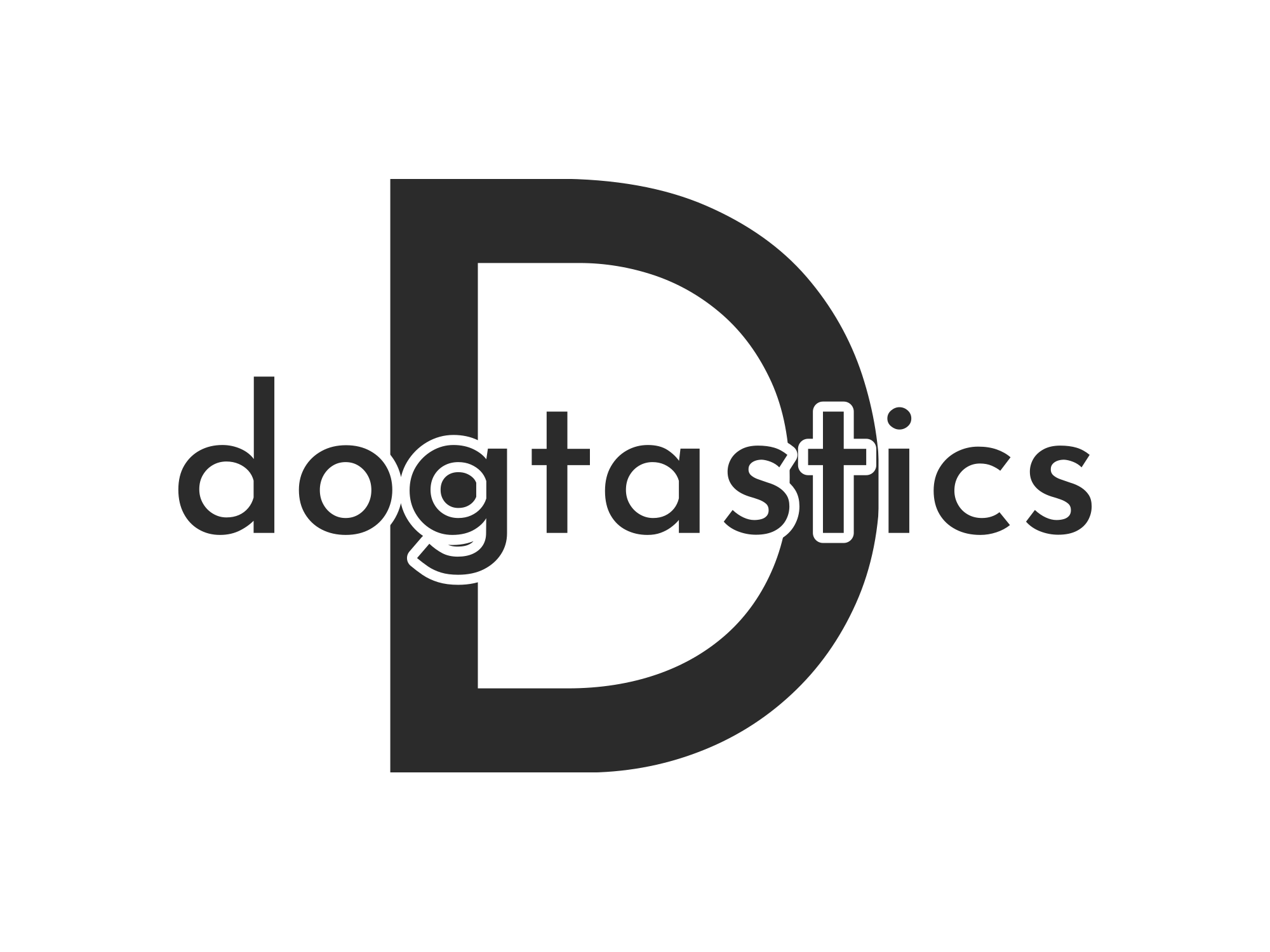Just like humans, our beloved dogs need a balanced diet to stay healthy and happy. In this article, we'll dive into the world of essential dog nutrition tips. We'll cover everything from choosing the right dog food to mealtime etiquette and special dietary considerations. So, let's ensure your furry friend's tail keeps wagging with joy!
Choosing the Right Dog Food
When it comes to dog food, the options seem endless, from kibble to canned, grain-free to raw.
But how do you choose the best one for your pup?
It's like picking the perfect outfit for a special occasion.
Start by checking the ingredients.
Look for high-quality protein sources like chicken or beef.
Avoid foods with excessive fillers or artificial additives.
Remember, your dog's food should provide the right nutrients, not just fill their belly.
Balanced Diet for Dogs
Imagine your dog's diet as a puzzle, with each piece representing a different nutrient.
Dogs need a balanced mix of protein, carbohydrates, fats, vitamins, and minerals to thrive.
Much like us, they need variety in their meals for optimal health.
Ensure your pup gets a variety of proteins and veggies.
You can even supplement their diet with healthy treats like carrots or apples (make sure to remove any seeds or pits).
Consult your vet for guidance on specific dietary needs.

Mealtime Etiquette
Think of mealtime as a bonding experience.
Establish a consistent feeding schedule to help regulate your dog's digestive system.
This is akin to having regular family dinners.
Portion control is vital to prevent overeating.
Follow the recommended serving size on the dog food packaging and adjust based on your dog's activity level and age.
Don't forget to provide fresh water at all times.
Special Dietary Considerations
Just like humans, dogs have different nutritional needs at various life stages.
Puppies require more protein and calories for growth, while senior dogs may need lower-calorie options.
If your dog has health issues, consult your vet for a specialised diet plan.
For instance, if your pup has allergies, there are hypoallergenic dog foods available.
It's like finding gluten-free options for a family member with sensitivities.
Conclusion
In the grand scheme of things, ensuring your dog's nutrition is like investing in their long and happy life.
Remember, it's not just about feeding your pet; it's about nourishing their well-being.
By choosing the right food, maintaining a balanced diet, practicing mealtime etiquette, and considering special dietary needs, you can keep that tail wagging and those puppy eyes sparkling.
Your dog's health is in your hands, so let's make every meal count!



Leave a comment
This site is protected by reCAPTCHA and the Google Privacy Policy and Terms of Service apply.